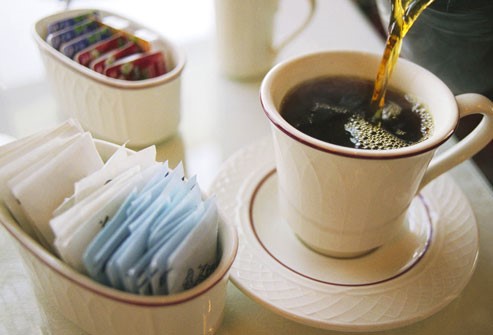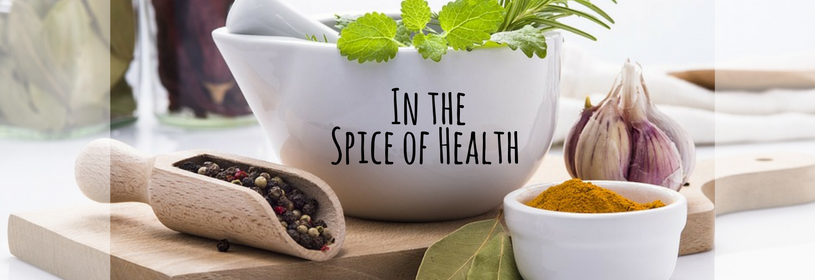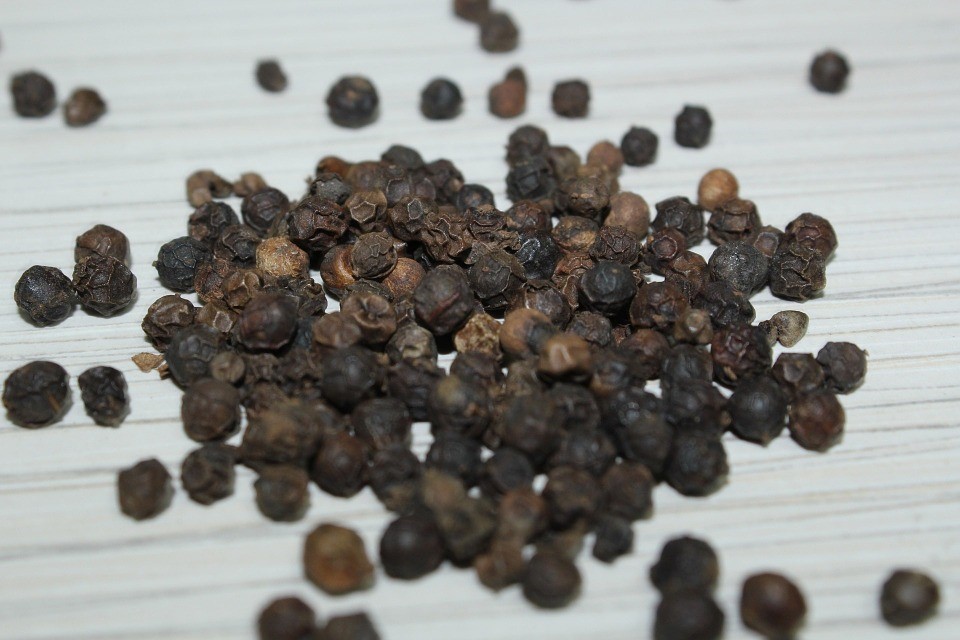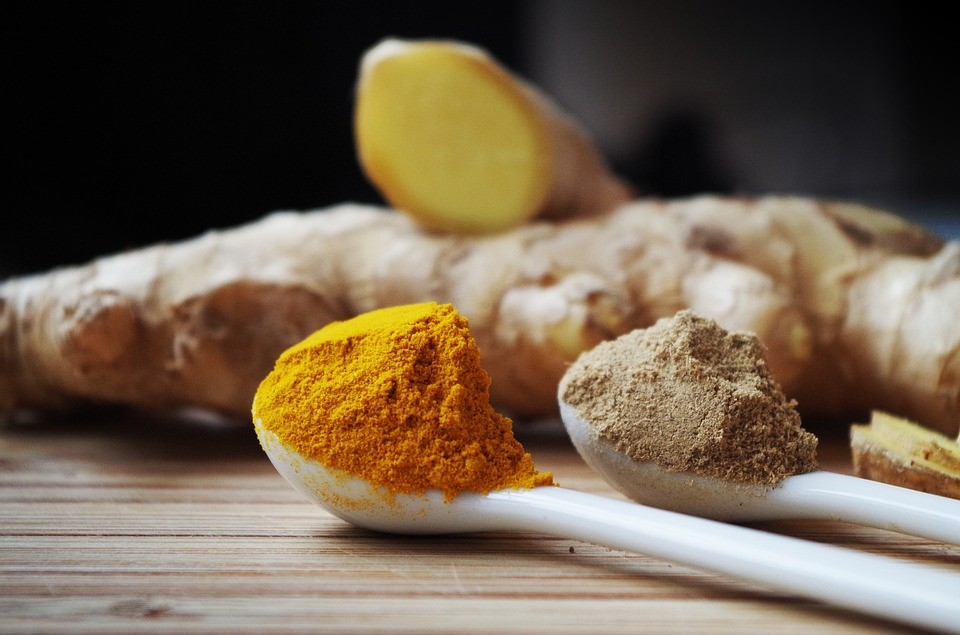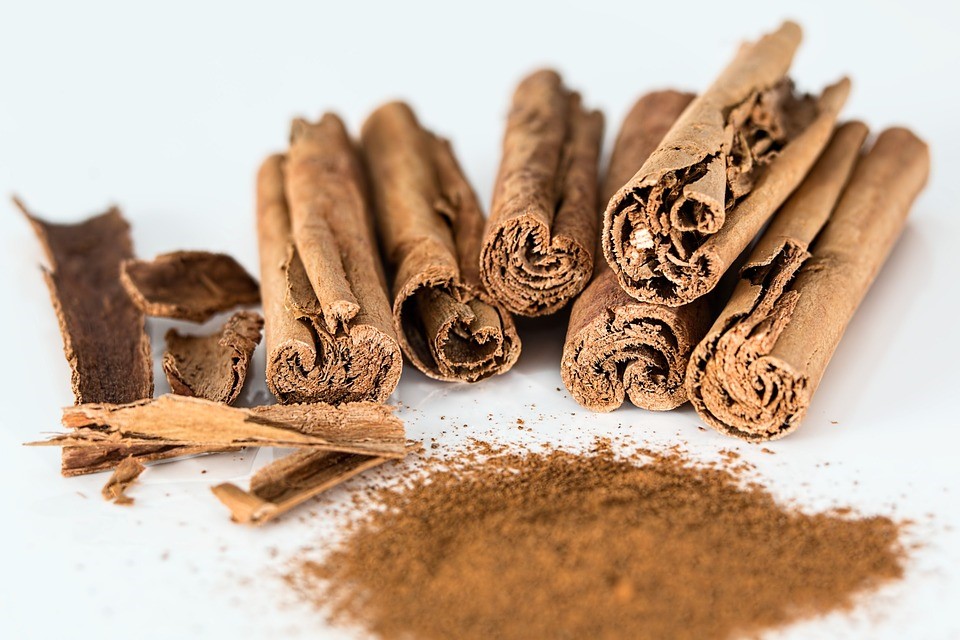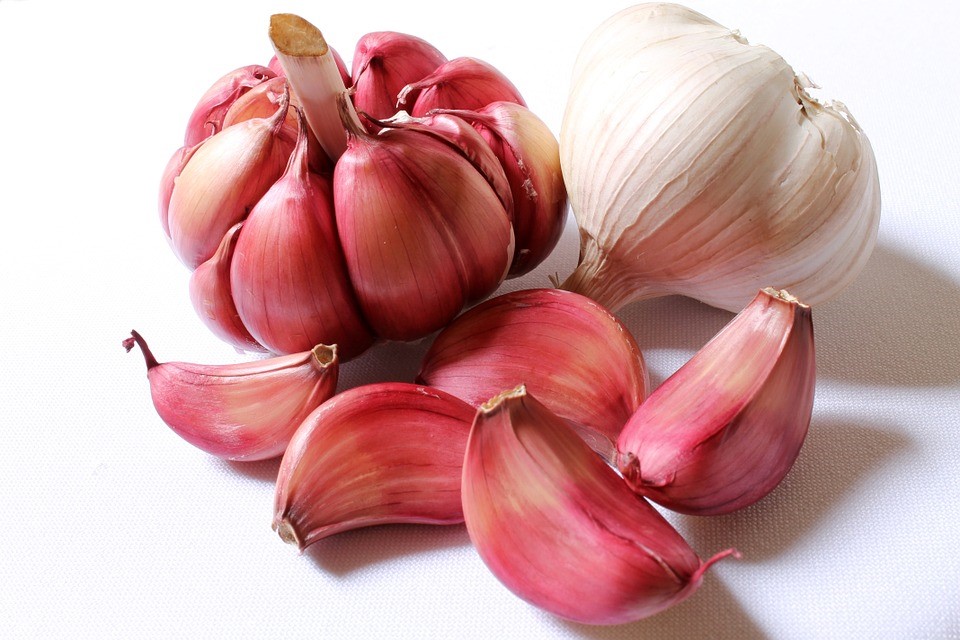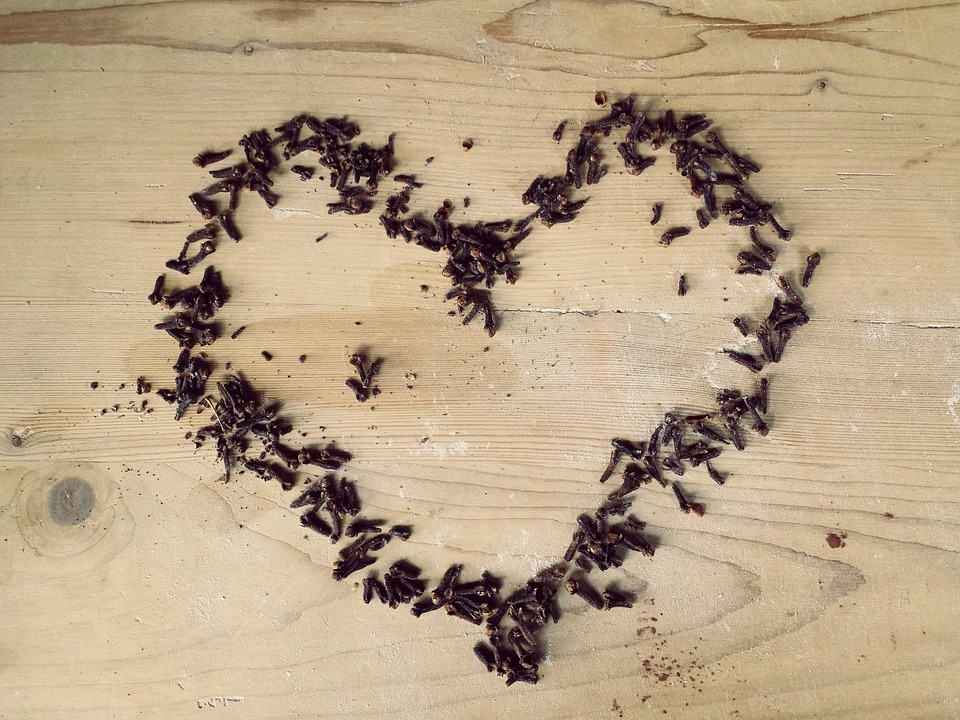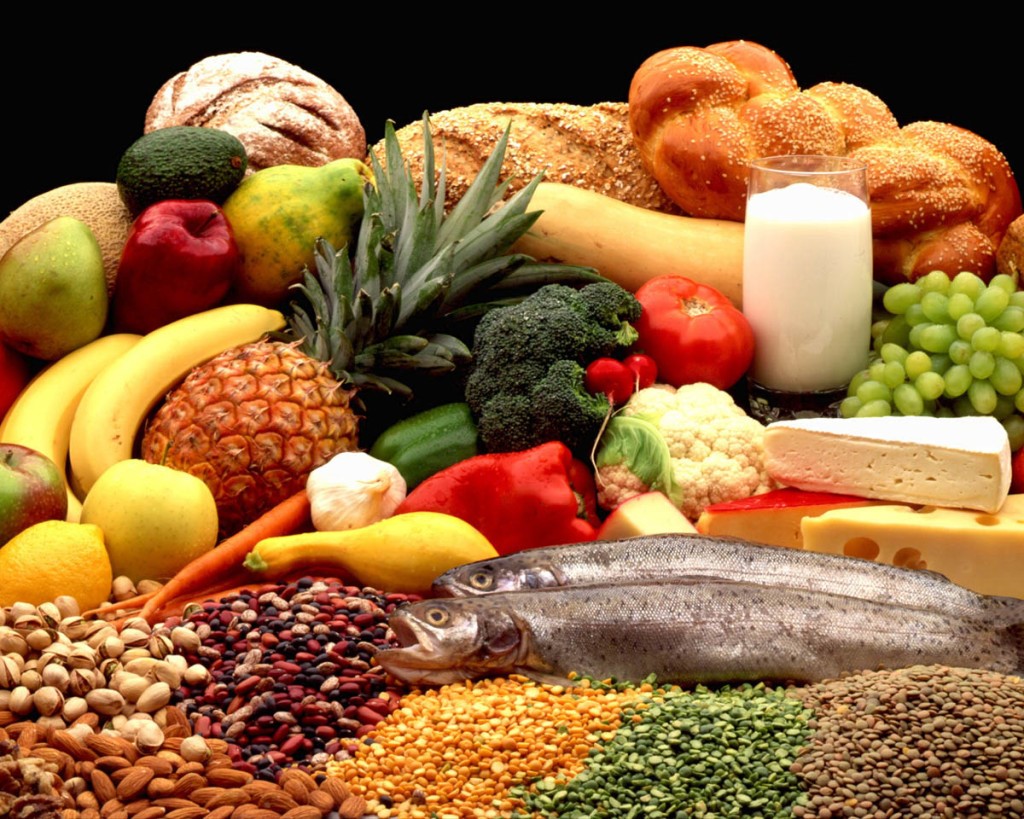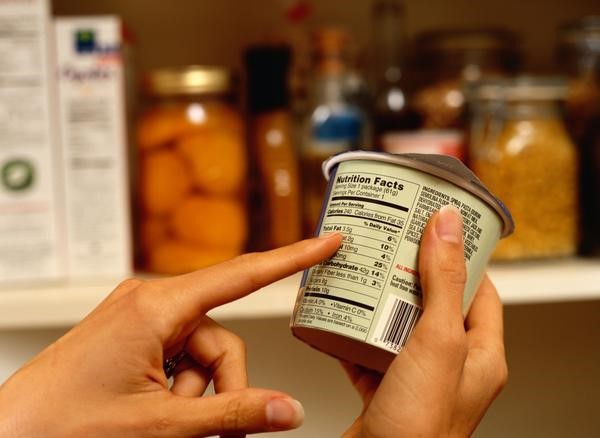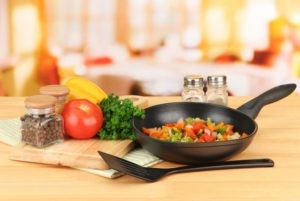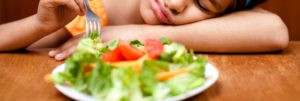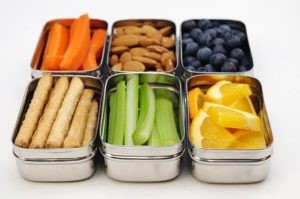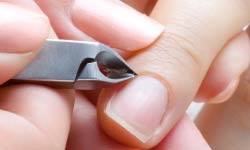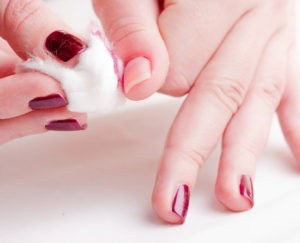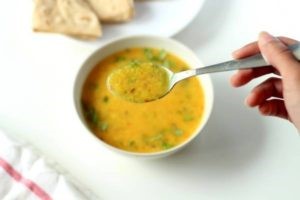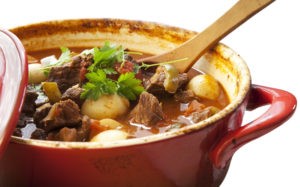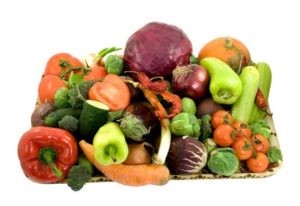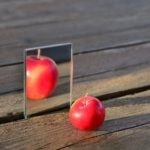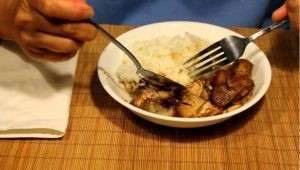10 Foods that Trigger Migraines

Last week, we had talked about tips to keep migraines at bay. This week, we will enlighten you on the various foods that are capable of inducing migraines even without your knowledge. Migraines are mostly hereditary and are commonly seen in more women than men. What triggers migraine is still a mystery, however it has been proved that it is mainly due to the chemical imbalance in the neurotransmitters of the brain. Migraines can possibly be prevented at least 40 percent of the time by incorporating certain lifestyle changes especially the kind of food you eat. It is said that, the best way to head-off migraines is to fill your diet with natural, unprocessed food like fruits, vegetables, cereals and grams.
The following are the foods that we tend to eat day-to-day and might have the tendency to trigger migraines.
1. Alcohol: Alcohol, especially red wine and beer have the property to expand the blood vessels. Also, drinking alcohol may lead to dehydration which just worsens the situation.
2. Chocolates: Chocolates have phenylethylemine, which can alternatively constrict and dilate your blood vessels thereby triggering a headache. It contributes about 75 percent to the list of migraine inducing foods.
3. Breads: Breads are packed with a lot of amines that are detrimental to the human system.
4. Cheese: Cheese has found to contribute 48 percent to the list of common foods that trigger migraines. Ripened cheese like cheddar, stilton, camembert, brie, etc. have been found to cause splitting headaches due to a compound called tyramines.
5. Meat: Avoid preserved meat products and cured meat like bacon, hot dogs, salami and ham since they contain a lot of sodium nitrate which is one of the harmful preservatives having unfavourable effects on your body. Instead eat fresh meat and fish.
6. Coffee: For some people coffee may fight the migraine inducing chemicals. But never forget the fact that excessive caffeine can also have negative effects on your body.
7. MSG: Foods high on monosodium glutamate which is a flavour enhancer used in many Chinese dishes should be avoided as they have the ability to attack the healthy blood vessels. It is so common across the world that the symptoms arising out of MSG are called ‘Chinese Restaurant Syndrome’.
8. Citrus fruits: Around 30% of migraines in people are triggered by citrus fruits.
9. Pickle: Another important stimulant of migraines is pickle. Other preserved foods that have a lot of salt content in them also have to be avoided.
10. Artificial sweeteners: Aspartame, is an artificial sweetener found in diet sodas, puddings, gelatins and many other food items which are capable of triggering headaches.
References:
http://www.health.com/health/ gallery/0,,20947791,00.html# legumes-3
http://www.prevention.com/ health/health-concerns/ headache-food-triggers










